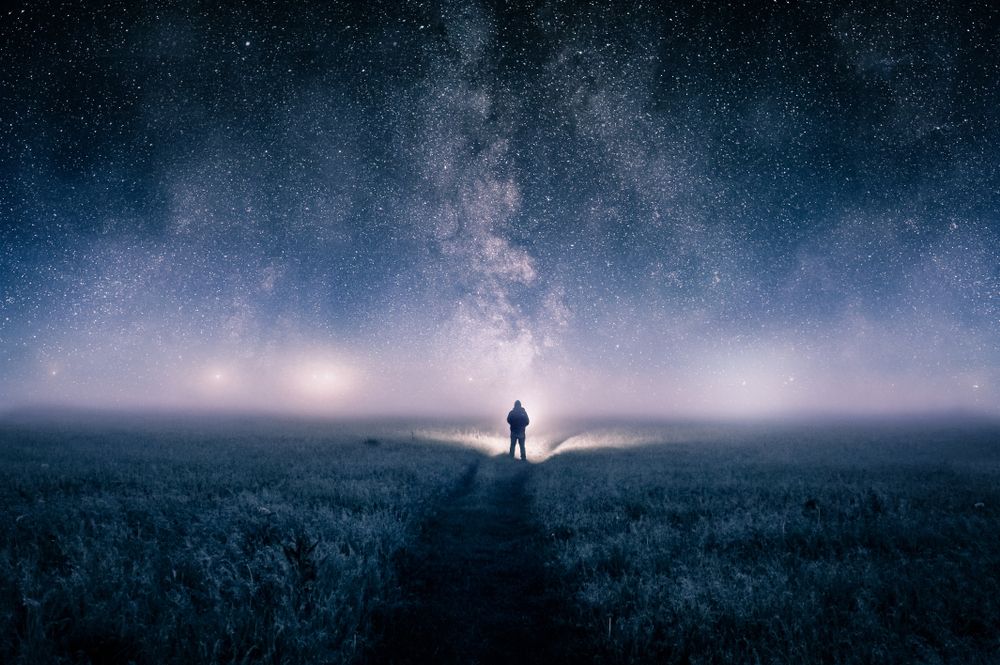Mindful
Diamond Member
- Banned
- #1
We may be utterly alone in the universe.

 www.livescience.com
www.livescience.com

Humans May Be the Only Intelligent Life in the Universe, If Evolution Has Anything to Say
We may be utterly alone in the universe.